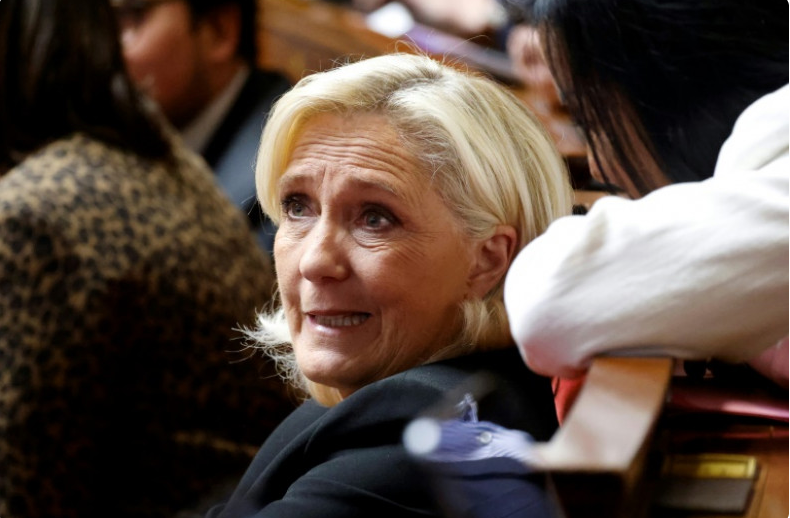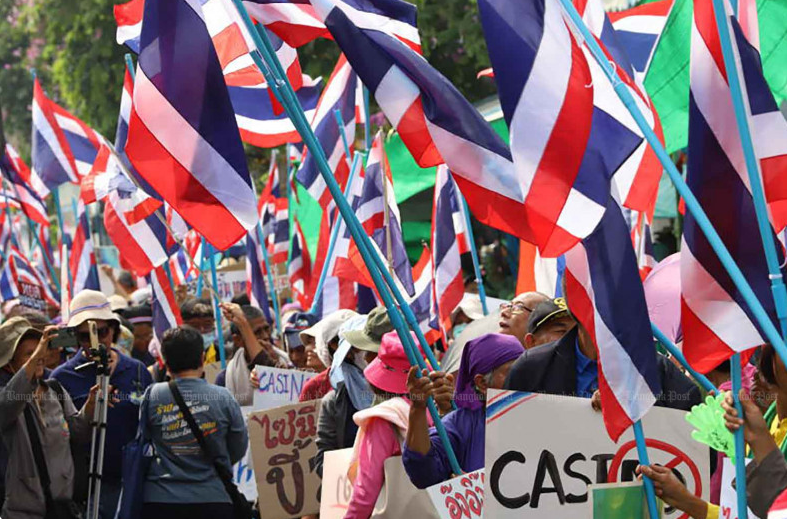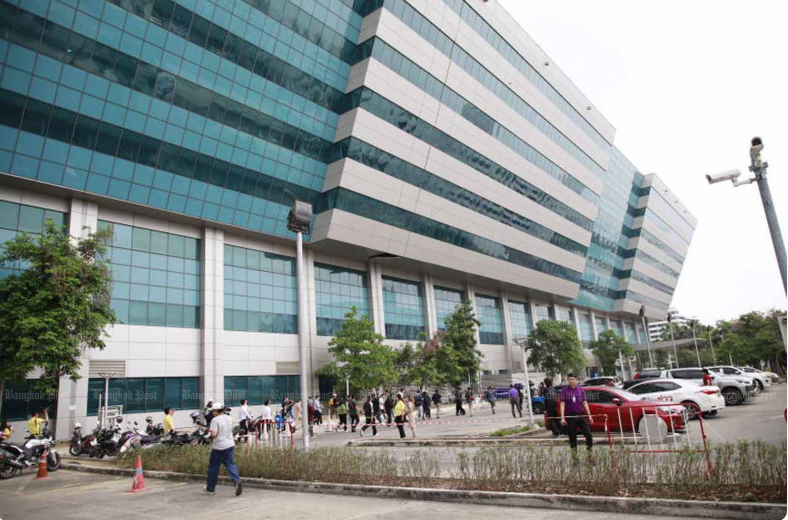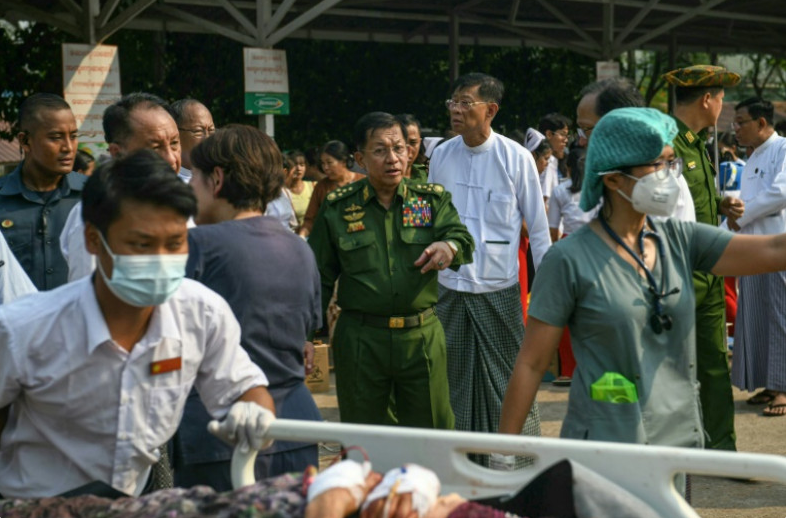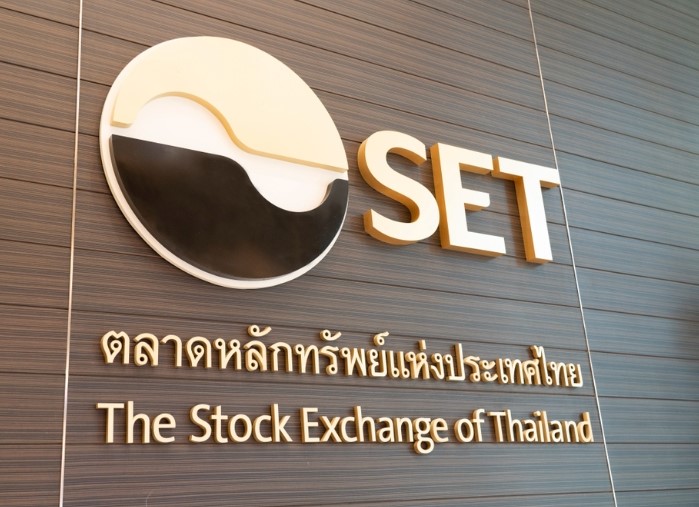SET in the doldrums
As the SET index last Friday rose by around 1% to close above the 1,200-point mark after the bourse spoke of a range of measures following talks with the Finance Ministry about revitalising investor confidence, some market watchers anticipated the gain could carry over into the next few weeks.
But their hope for a market recovery soon was shattered when the Stock Exchange of Thailand index fell onto the negative zone on March 10, downat least 2% to close at a five-year low of 1,177.44 points.
By midday Tuesday, the loss had grown by another 0.6% to 1,169.99 points.
The decline partly reflects the government’s failure to improve the outlook for the economy as Prime Minister Paetongtarn Shinawatra has taken stimulus measures totaling 150 billion baht in a bid to raise economic growth to above 3%, its target for this year.
Another reason cited by Wikij Tirawannarat, senior vice-president of Bualuang Securities, is increased fears about the US and Chinese economies.
Thailand is not immune, as investors are concerned that the trade war resulting from US President Donald Trump’s tariff policies may dent Thailand’s GDP, pushing listed Thai companies’ earnings to fall further, Mr Wikij said.
“It would bottom out at 1,100-1,150 points, at worst, if no other major measures are imposed,” he said.
The government has a limited fiscal budget, as evidenced by the recently announced third phase of the digital wallet scheme for 2.7 million teenagers, said Suchot Tirawannarat, head of research at KGI Securities (Thailand).
KGI last Friday cut its GDP growth forecast to 2.6 percent for this year from 2.8 percent due to downgrades to private consumption and exports.
“Investors are talking about a recession in the US after Trump’s comments yesterday that he may be okay to ignore short term weakness in the economy to win on his tariffs agenda,” said Mr Suchot.
Goldman Sachs and Morgan Stanley among other global banks are also trimming their US GDP projections for this year.
New hope?
The TISA, which can provide tax incentives on unit holdings until retirement, is among the measures the SET was working on and is expected to launch in 3-4 months.
TISA is modeled on Japan’s Nippon Individual Savings Account that sent the Nikkei 28% higher in 2023.
The bourse has also proposed to the Finance Ministry a so-called omnibus law for capital market which includes proposals on that allows undervalued stocks to submit plan for growth to received tax incentive, while also include proposals to remove 10% capital limit restrictions for treasury stock buybacks.
The ministry is also weighing a temporary incentive to Thai ESG funds by increasing the tax deduction limit from 300,000 to 600,000, an action that could buoy big-cap stocks.
Chavinda Hanratanakool, chair‑ woman of the Association of Investment Management Companies, said she hopes the new measure would build more confidence in the Thai capital market, and as a result profits of listed companies would rebound this year.
Further, Vayupak Fund 1, which is controlled by the state, has tens of billions of baht to invest in Thai stocks, if the timing is right, said Ms Chavinda.
“Even though the volatility of SET surpasses the volatility of other markets this year due to domestic contention, the Thai stock market is still attractive for investment and will eventually undergoing upward adjustment,” she added.
Pakavat Pisuthipan, head of securities at CGS International Securities (Thailand), said TISA could help shore the Thai stock market but at least two months were needed before the new liquidity from this scheme would be injected.
“The selling pressure on the SET has eased but buying of Thai stocks hasn’t resumed, leading to stagnation on the index,” he said.
CGS earlier this week lowered its market earnings per share (EPS) forecast for a 2% decline this year and 1.6% next year.
The brokerage expects aggregate core EPS to rise 16% to 91.5 baht this year and 8% to 98.7 baht in 2026.

